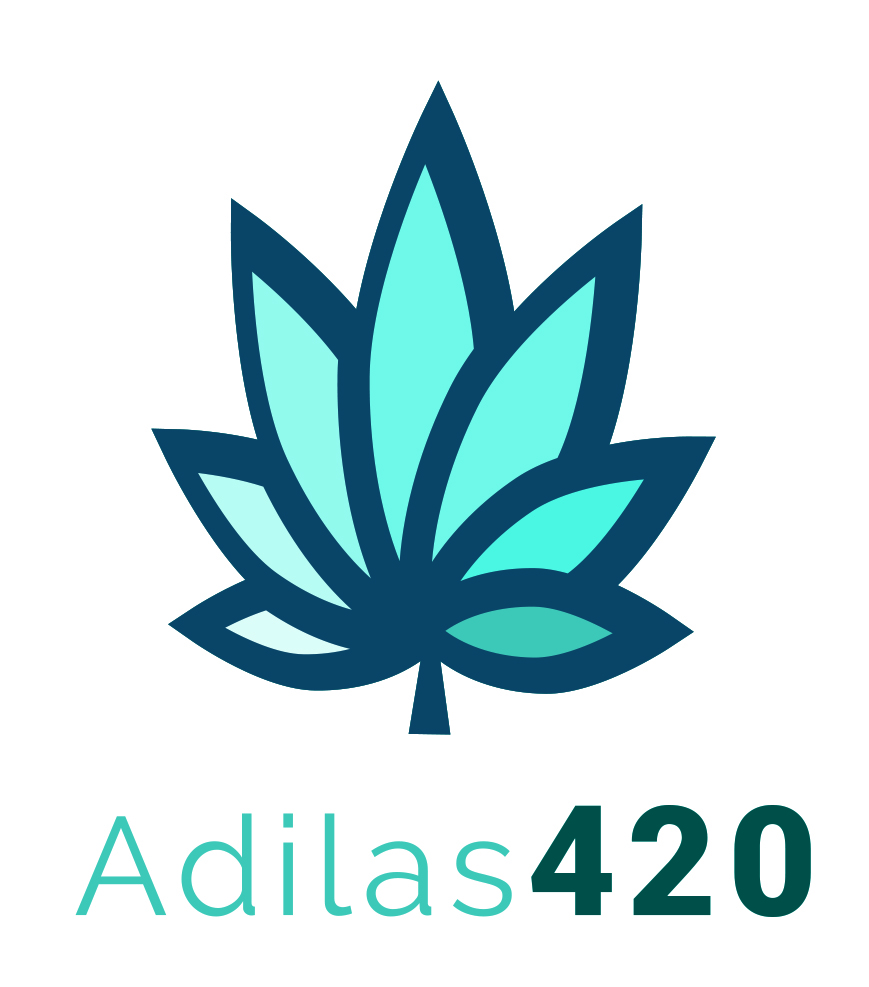Oklahoma Medical Marijuana Regulations were amended during the 2019 legislative session and affect many areas of compliance. These changes are summarized below and described in detail on the OMMA website. Adilas420 has updated its Oklahoma marijuana SOP’s.
Changes currently in effect
- Board Certification– SB 162 removed the requirement for physicians issuing recommendations to patients for medical marijuana to be board certified. This change aligns with language in HB 2612.
- Patient and Caregiver Application Processing – SB 162 gave OMMA 14 business days to review and provide a response on patient and caregiver applications. Previously the requirement was 14 calendar days.
- Waste Disposal – Section 3 of SB 882 authorizes businesses to destroy plant waste through any technique approved by the Department of Environmental Quality. SB 882 also provides that medical marijuana waste shall not be subject to the provisions of the Uniform Controlled and Dangerous Substances Act.
Changes that go into effect August 29, 2019

Changes for Patients
- HB 2613 amends HB 2612 to authorize Podiatric physicians to recommend medical marijuana.
- HB 2601 creates a new short-term, 60-day medical marijuana patient license.
- HB 2612 sets a reduced application fee of $20.00 for 100% disabled veterans.
Changes for Applications and Renewals
- Application Processing – HB 2601 and HB 2612 extend the timeline for review of business applications to 90 business days.
- Renewal Applications – The online renewal system will be available starting August 29. Licenses will remain valid and active while the renewal is being processed, even if the renewal processing time goes beyond the expiration date of the license.
- Residency Requirements – HB 2612 changes Oklahoma residency to mean Oklahoma residency for 2 years preceding the date of application, or 5 years of continuous Oklahoma residency during the 25 years preceding the date of application.
- Certificate of Compliance – SB 1030 requires all business applicants to provide a certificate of compliance from relevant local government(s) that certifies the applicant is compliant.
- Schools – HB 2612 defines “school” to include preschools for the purposes of the 1,000 feet requirement for dispensaries.
Changes for Business Compliance
- Sales – HB 2612 authorizes licensed growers to sell seeds, flowers, or clones to other licensed growers. It also authorizes licensed dispensaries to sell to other licensed dispensaries.
- Seed-to-Sale – HB 2612 requires the implementation of an electronic seed-to-sale inventory tracking system that will track the entire life-cycle of medical marijuana. It also requires business licensees to integrate their seed-to-sale tracking system with the seed-to-sale tracking system established by OMMA. Procurement of this system is following state agency procurement requirements prescribed by law, with an anticipated award in early 2020.
- Testing – HB 2612 and SB 162 require growers and processors to utilize licensed laboratories to test harvest and product batches that are no greater than 10 pounds before any sale, transfer, or processing of medical marijuana. Owners of laboratories cannot have a direct or indirect beneficial ownership interest in any licensed dispensary, grower, or processor. Testing requirements are expanded to encompass all medical marijuana.
- Packaging/labeling – HB 2612 and HB 2601 add packaging and labeling requirements.
- Compliance – HB 2612 broadens OMMA inspection authority to include all commercial license types and authorizes inspections twice a year with prior notice and additional inspections when necessary due to violations.
New License Categories
HB 2612 and HB 2601 add five new license categories:
- Transporter ($2,500)—Standalone transportation licenses will be made available for the distribution and storage of medical marijuana.
- Transporter Agent ($100)—Required for any agents, employees, officers, or owners of a transporter license holder in order to transport medical marijuana.
- Testing Laboratory ($2,500)—Licenses a laboratory to perform testing on medical marijuana. This license is anticipated to be available by early 2020.
- Education Facility ($500)—Licenses a nonprofit entity to provide training and education to individuals involved in the growing, processing, packaging, and testing of medical marijuana. This license is anticipated to be available by early 2020.
- Short-Term Patient — A sixty (60) day license to be issued to any patient applicant who meets the requirements for a two (2) year license but whose physician recommendation is only valid for sixty (60) days. Fee will be set by the Department during the rules promulgation process.
Changes that go into effect November 1, 2019

- SB 882 establishes waste facility licenses and permits as a new license category.
They go on to say that OMMA is pursuing a rapid implementation timeline to a newly formed licensing program that is only a year old. Since the start of accepting license applications in August 2018, the program continues to issue thousands of licenses each week, within an unprecedented turn-around time of 14 days. OMMA states they will have additional staff on board in late August when new laws become effective and they will continue to share updates on the program website, OMMA.ok.gov.

Let Adilas420 help ensure that your Oklahoma marijuana business is compliant with Oklahoma Medical Marijuana Regulations. We can set you up with a state integration ready seed to sale software system as well as consult on any part of your marijuana business. Stay ahead of the game with Adilas420!

